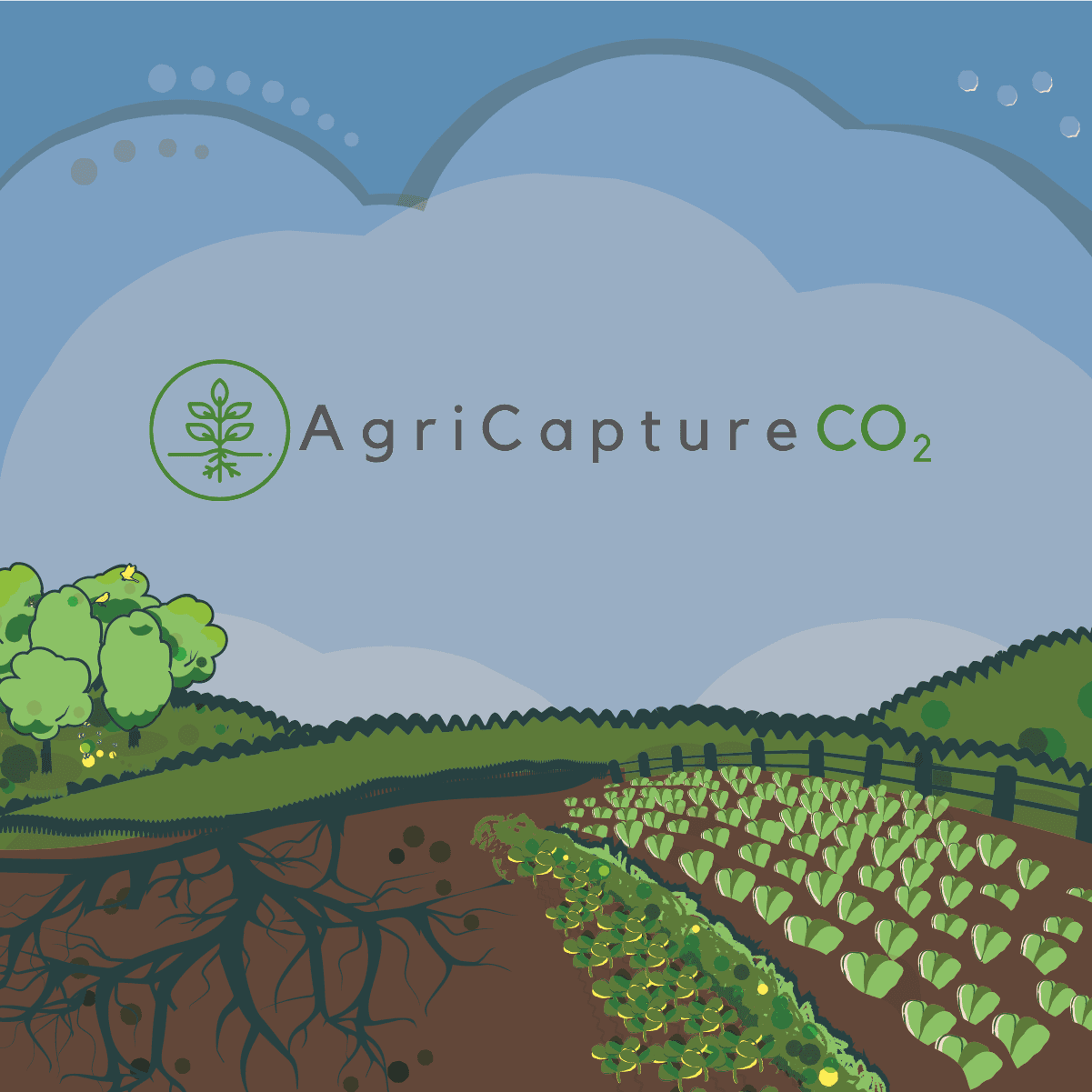BEESPOKE
BEESPOKE is a project funded by the INTERREG North Sea Region Programme.
Insect pollination is worth €15 Billion in the EU, but the number of wild pollinators is decreasing due to loss of flower-rich habitats. As a response the EU adopted a pollinator initiative in 2018. The North Sea Region (NSR) is one of the most productive agricultural areas, but pollinators are in decline across the region.
The BEESPOKE overall objective is to increase the number of pollinators and crop pollination on local and landscape scale by providing new expertise, tools and financial knowledge to land managers and policy makers, in order to create more sustainable and resilient agro-ecosystems.
BEESPOKE brings a wide range of partners together – from policy makers, research institutes, advisory and end users from seven different NSR-countries – to develop new products and approaches to increase the diversity of insect pollinators and crop yields by 10%. We will develop bespoke seed mixes and habitat management guidelines to support the suite of pollinators required for 14 crop types on 72 demonstration sites.


The BEESPOKE Magazine is out now!
In this first edition magazine we want to inspire more stakeholders to consider management of pollinators as a key farm activity.
Such actions may not only benefit farm incomes for crops requiring pollination but also help conserve pollinators and other insects which so desperately need help.
ALL ABOUT BEESPOKE
You can find all essential information about the BEESPOKE project, insights in our work and future of the project.
RECOMMENDATIONS & ADVICE
Do you need support or inspiration for pollinator-friendly farming? We help you out with practical recommendations.
FROM FARMER TO FARMER INTERVIEWS
As highlight we interviewed land managers from different North Sea Region countries who share their experiences and recommendations about their wildflower strips and other related farming practices.
GUIDES & TUTORIALS
At last we provided all of the guides and tutorials we have established so far to support you step by step with your efforts to monitor and support your pollinators and crops.


